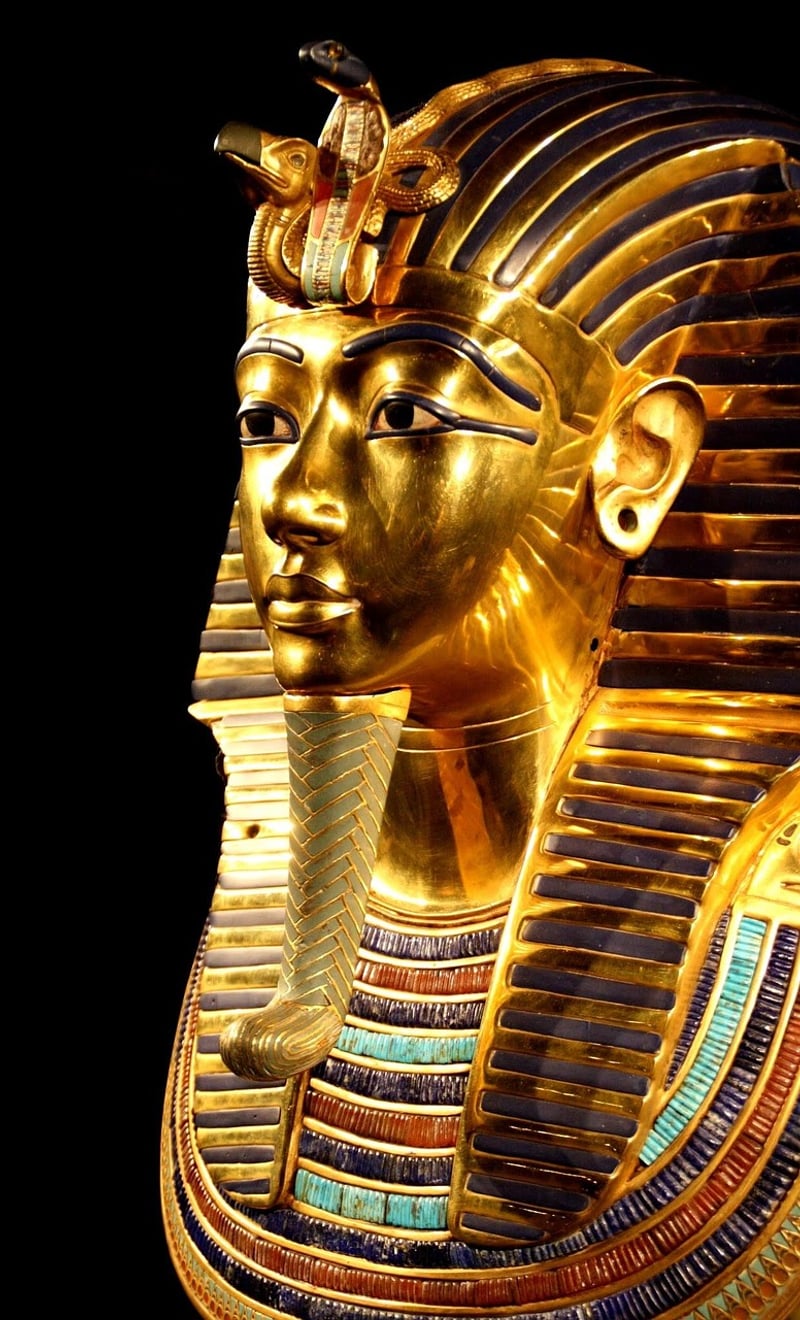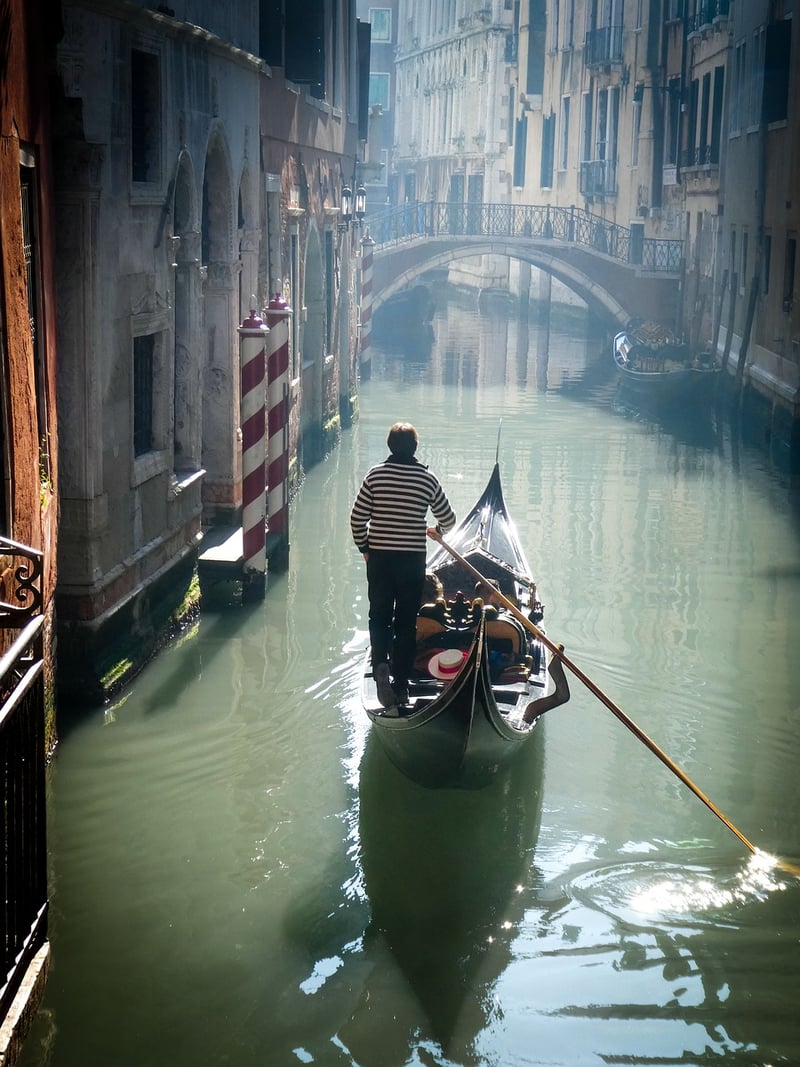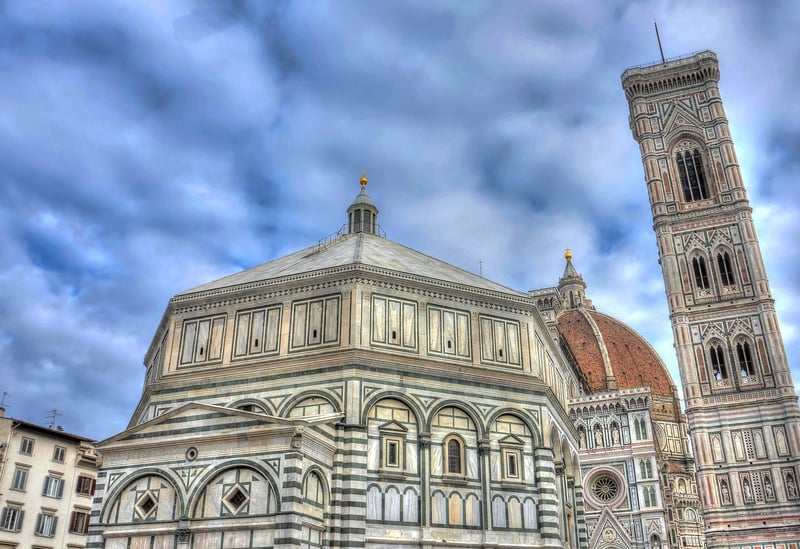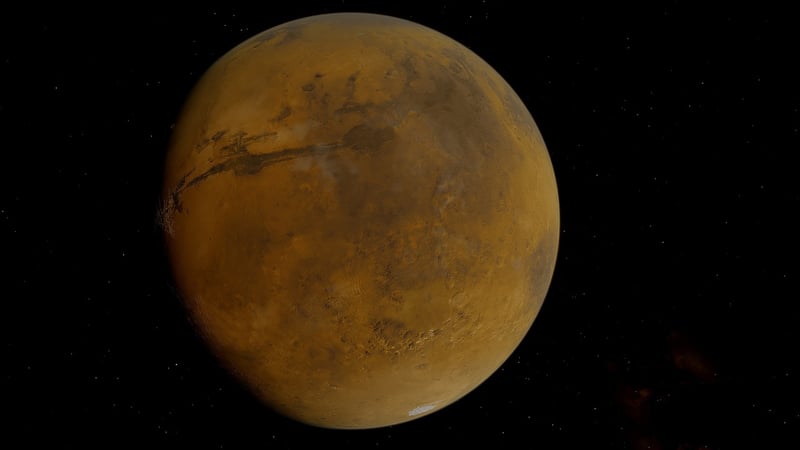Future Exploration
Exploring Different Eras and Future Exploration
Introduction
Exploring different historical eras can provide us with insights into the past, helping us understand how societies have evolved over time. Furthermore, looking into the future of exploration allows us to envision what lies ahead and how we can push the boundaries of human knowledge and discovery.
Ancient Era
In ancient times, civilizations like the Egyptians, Greeks, and Romans undertook remarkable journeys of exploration. From building grand monuments to navigating the seas, these ancient explorers paved the way for future generations.

Medieval Era
The medieval era saw the rise of explorers like Marco Polo and Ibn Battuta, who traveled vast distances to unknown lands, documenting their experiences and expanding global trade networks.

Age of Discovery
The Age of Discovery brought about expeditions by explorers such as Christopher Columbus and Vasco da Gama, who connected distant continents and ushered in a new era of cultural exchange and colonization.

Modern Era
In the modern era, advancements in technology have enabled explorers to venture into space, deep oceans, and remote regions of the Earth. Scientific discoveries and expeditions continue to push the boundaries of human knowledge.

Future Exploration
The future of exploration holds exciting possibilities, from manned missions to Mars to deep-sea exploration and the search for extraterrestrial life. Advancements in robotics, AI, and space technology are poised to revolutionize how we explore the unknown.

Conclusion
Exploring different eras provides us with a glimpse into our past, while future exploration offers a vision of what lies ahead. By learning from the journeys of those who came before us and embracing innovation, we can continue to expand our understanding of the world and universe around us.
